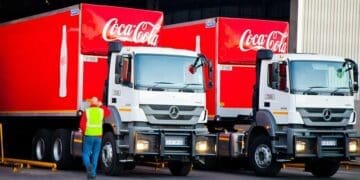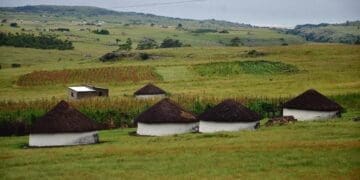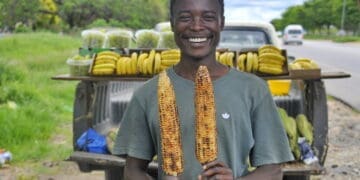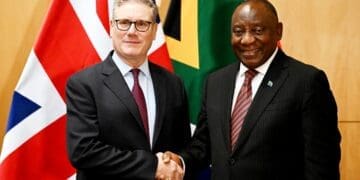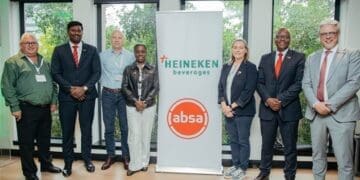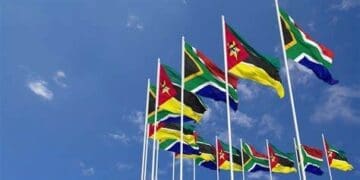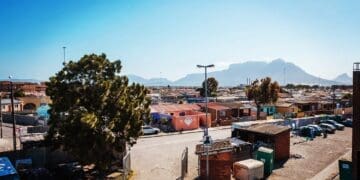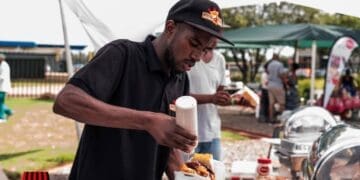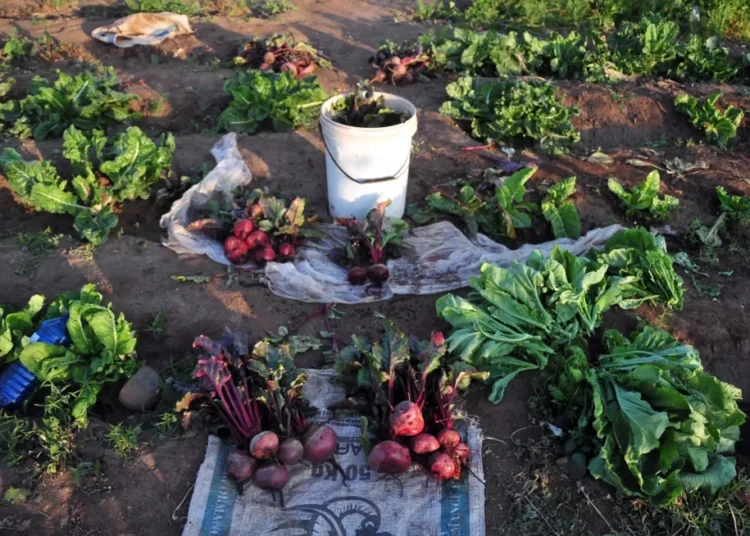SMEs in the agriculture sector say they are eager to grow their presence in global markets, but producers say they continue to face steep financial and technical barriers that make export participation difficult. This comes after global leaders G20 Summit reaffirmed their commitment to combating hunger and building resilient food systems, noting that millions of people still cannot afford healthy diets.
The declaration adopted by nations at the summit has called for investment in smallholder and family farmers and encouraged efforts to strengthen Africa’s agricultural capacity through better access to finance, markets, digital tools and climate-resilient infrastructure. It also supports expanding local food production and promoting intra-African agricultural trade to reduce dependency on volatile global supply chains.
Minister of Agriculture John Steenhuisen said these commitments align with South Africa’s 2026 agenda, which focuses on opening new export markets and improving trade conditions across the continent.
“Russia is a potential export market for South African goods,” he said. “There are huge opportunities in that part of the world from an agricultural perspective as well.”
He said the agricultural development plan signed in Kampala will form the basis of continental cooperation.
“The new Kadap focuses on harmonising agricultural food systems and moving towards standard systems of sanitary and animal health so that we are able to trade on a far better basis,” he said.
Infrastructure remains the biggest constraint. “We can’t trade with each other if we can’t move those goods and services around the continent.”
Steenhuisen added that diversification is essential as global demand for South African produce grows.
“There are huge opportunities for South African products. We are counter seasonal in China and the ASEAN region. There is a market of 700 million mouths to feed.” He said small-scale farmers must receive technical support because “the people who bear the biggest brunt of climate change are your subsistence and small-scale farmers.”
Limpopo citrus farmer Thabo Maripane from Marble Hall, said the challenges are less about market access and more about the cost of meeting international requirements.
“Compliance requires more funding because the chemical is a bit expensive,” he told Vutivi Business News.
Maripane said SMEs must hire specialised staff to meet export standards.
“You have to hire qualified people on the farm,” he said, explaining that paying a farm manager can cost between R35 000 and R55 000 a month.
Maripane said that technical guidance is essential for navigating strict production demands.
“You must identify a good exporter that will give you a good price, and you must have technical advice. It is very key to have a technical advisor who knows your area and knows the product. Citrus farming is a tightly managed process and that experience comes in very handy in citrus production,” he said.
Although he acknowledges instances of government support, Maripane believes SMEs must also commit to building themselves. “It is how much you as a person and as a business are willing to invest in what you want to do,” he said.
As South Africa positions itself to benefit from global initiatives supporting African agriculture, emerging farmers say that unless compliance costs are lowered and technical support is expanded, many SMEs will remain excluded from the export gains the G20 seeks to unlock.
basetsana@vutivibusiness.co.za



